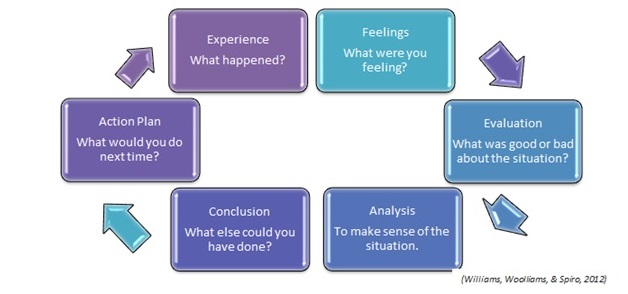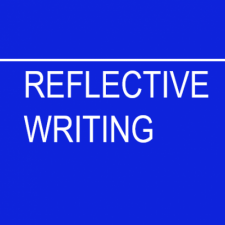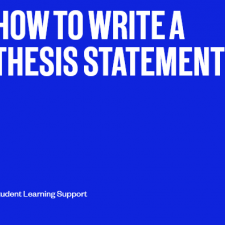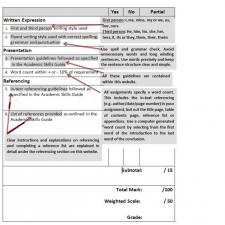Assignment Types
Reflective Essay
This may include a discussion about :
- what and how you have learnt
- what you have done or experienced
- how your learning and experience applies to theories, concepts and models you are studying
A reflective essay still follows academic conventions, for instance, it is structured with a beginning, middle, and end, and it should have a logical series of paragraphs. Also, you need to acknowledge the sources of your work and understanding.
Reflective essays come in different forms: they can be based on theory, on case studies or on a personal experience. In all reflective essays, you need to critically reflect on thoughts, feelings and actions, then integrate these reflections with theoretical concepts.
The key to your reflective essay is understanding the principles and theories of your unit. Once you understand these, it is useful to form reflective questions to gather the information you need for this assignment.
Gibbs' (1988) framework of reflective learning is a useful starting point:

adapted from Gibbs, G. (1988). Learning by doing: A guide to teaching and learning methods. Further Education Unit.









